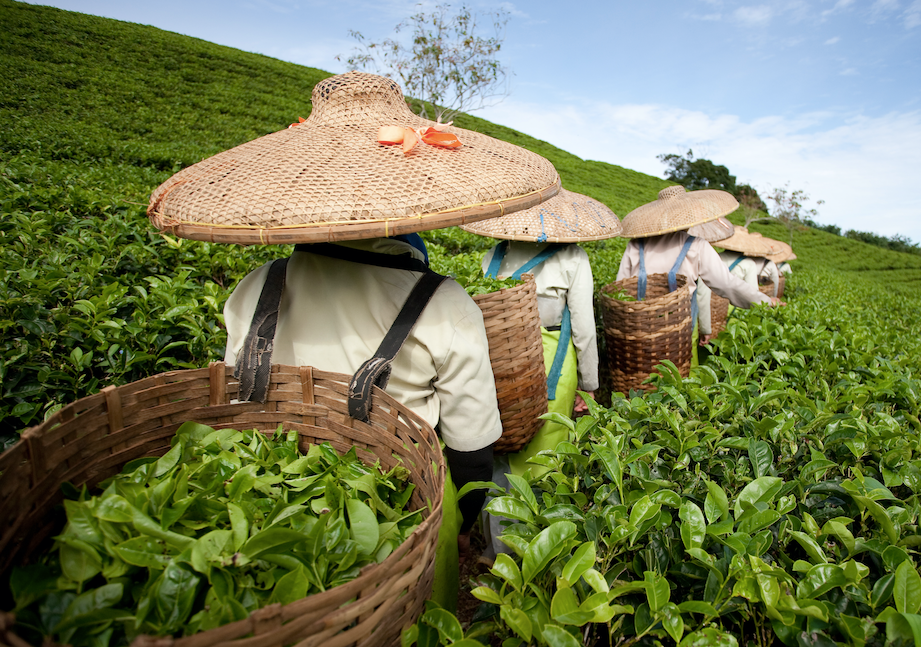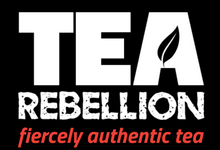
How Cooperative Sourced Tea Supports Tea Communities
Cooperative-sourced tea offers more than exceptional flavor — it empowers the communities that grow it. By supporting fair wages, sustainable practices, and better living standards, each cup creates a ripple effect of positive change. Discover how choosing cooperative tea connects you to the people and traditions behind every brew.
Impact of Cooperative Sourced Tea on Tea Communities
In recent years, the concept of cooperative sourced tea has gained significant traction within the tea industry. This innovative approach not only revolutionizes the way tea is produced and sourced but also has a profound impact on the communities involved in the cultivation and production of tea. Let's delve deeper into the transformative effects of cooperative sourced tea on tea communities.
Empowering Local Tea Farmers Economically
One of the key benefits of cooperative sourced tea is its ability to empower local tea farmers economically. By participating in cooperatives, small-scale tea farmers can collectively market their products, negotiate better prices, and access a wider market. This economic empowerment not only improves the livelihoods of tea farmers but also contributes to the overall economic development of tea-growing regions.
Fostering Social Development Within Tea-Growing Regions
Beyond economic benefits, cooperative sourced tea also plays a crucial role in fostering social development within tea-growing regions. Through cooperatives, tea farmers can share knowledge, resources, and best practices, leading to improved agricultural techniques and sustainable farming practices. Additionally, cooperatives often invest in community development projects, such as education and healthcare initiatives, further enhancing the social fabric of tea communities.
Environmental Sustainability Through Cooperative Sourcing
Another significant aspect of cooperative sourced tea is its emphasis on environmental sustainability. Many cooperatives adhere to eco-friendly farming practices, such as organic cultivation methods and biodiversity conservation. By promoting sustainable agriculture, cooperative sourced tea contributes to the preservation of natural ecosystems and reduces the environmental impact of tea production.
Cultural Preservation and Heritage Conservation
Cooperative sourced tea not only benefits the economic and social aspects of tea communities but also plays a role in cultural preservation and heritage conservation. Through the preservation of traditional tea-growing practices and the promotion of local tea varieties, cooperatives help safeguard the cultural identity of tea-producing regions. This emphasis on cultural heritage adds value to tea products and honors the rich history of tea cultivation.
Looking Ahead: The Future of Cooperative Sourced Tea
As consumers increasingly priorities ethical sourcing and sustainability, the future of cooperative sourced tea looks promising. Collaborative efforts among tea farmers, cooperatives, and consumers can drive positive change in the tea industry, creating a more transparent and equitable supply chain. By supporting cooperative sourced tea, consumers not only enjoy high-quality tea products but also contribute to the well-being of tea communities worldwide.
The impact of cooperative sourced tea on tea communities is multi-faceted, encompassing economic empowerment, social development, environmental sustainability, and cultural preservation. By fostering cooperation and mutual support, cooperative sourced tea paves the way for a more inclusive and sustainable tea industry that benefits both producers and consumers alike.
Conclusion
Cooperative-sourced tea supports fair trade, empowers farmers, and drives sustainable growth in tea communities. By choosing it, consumers help create a more ethical and prosperous future for the people behind every cup.
